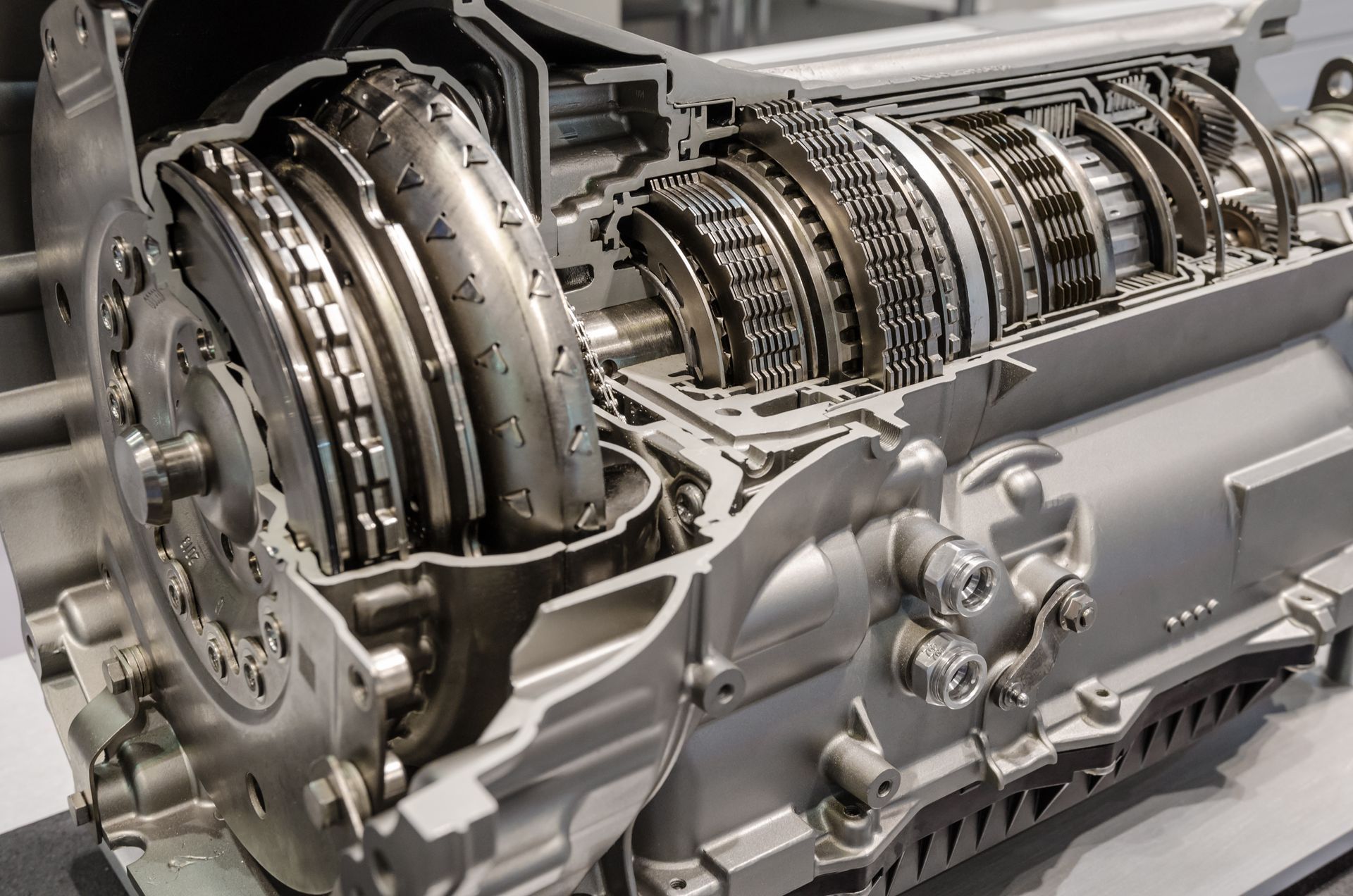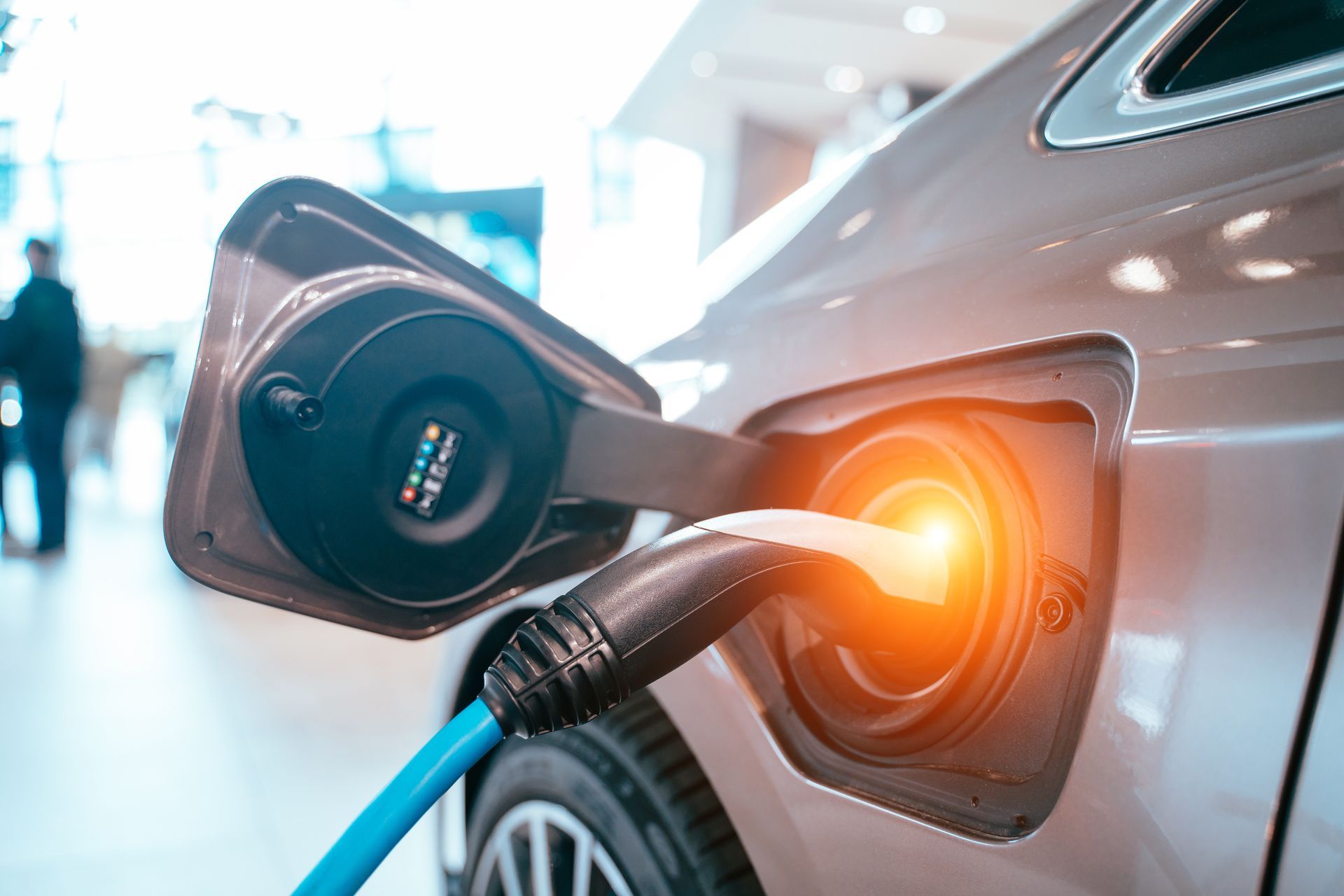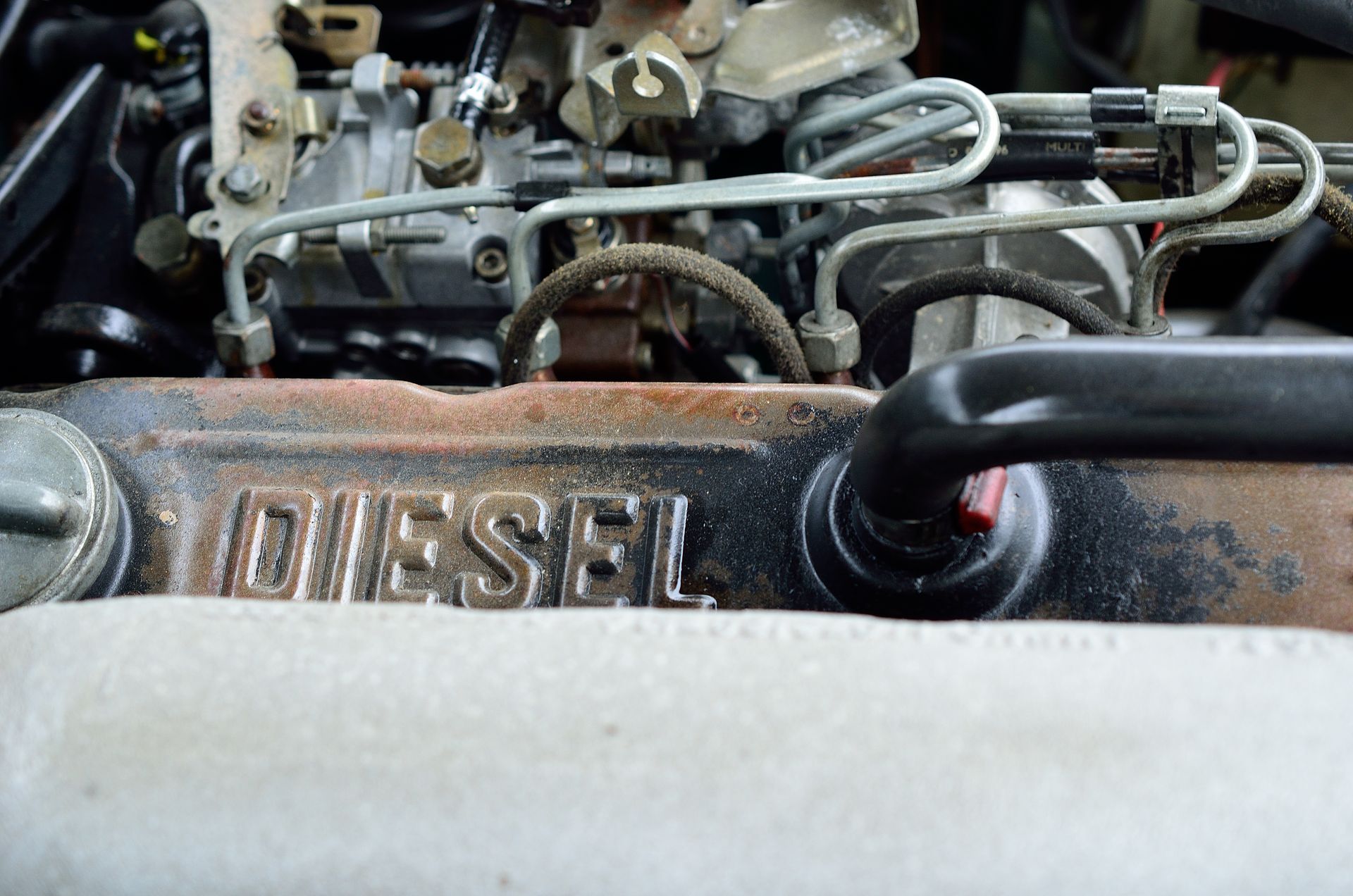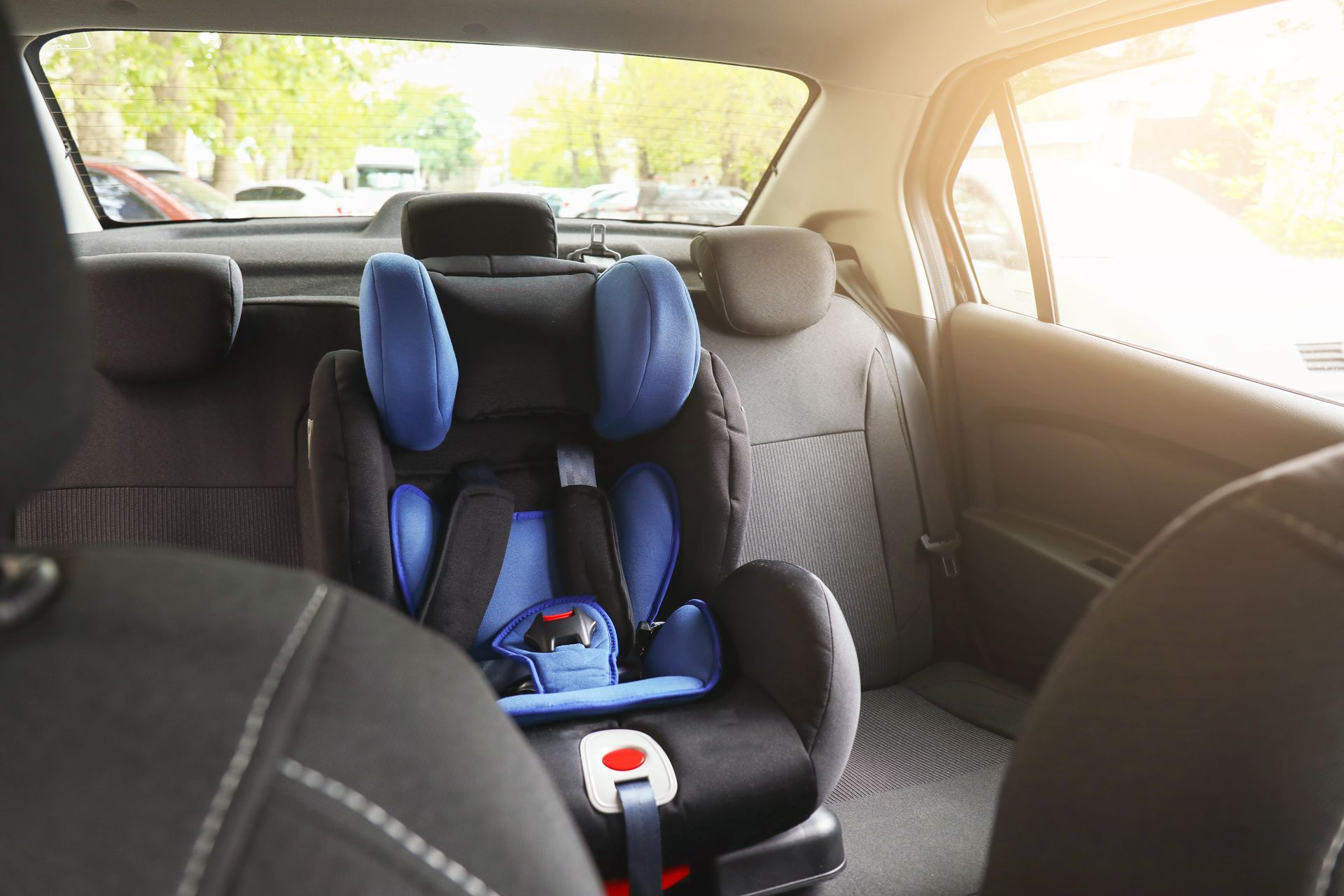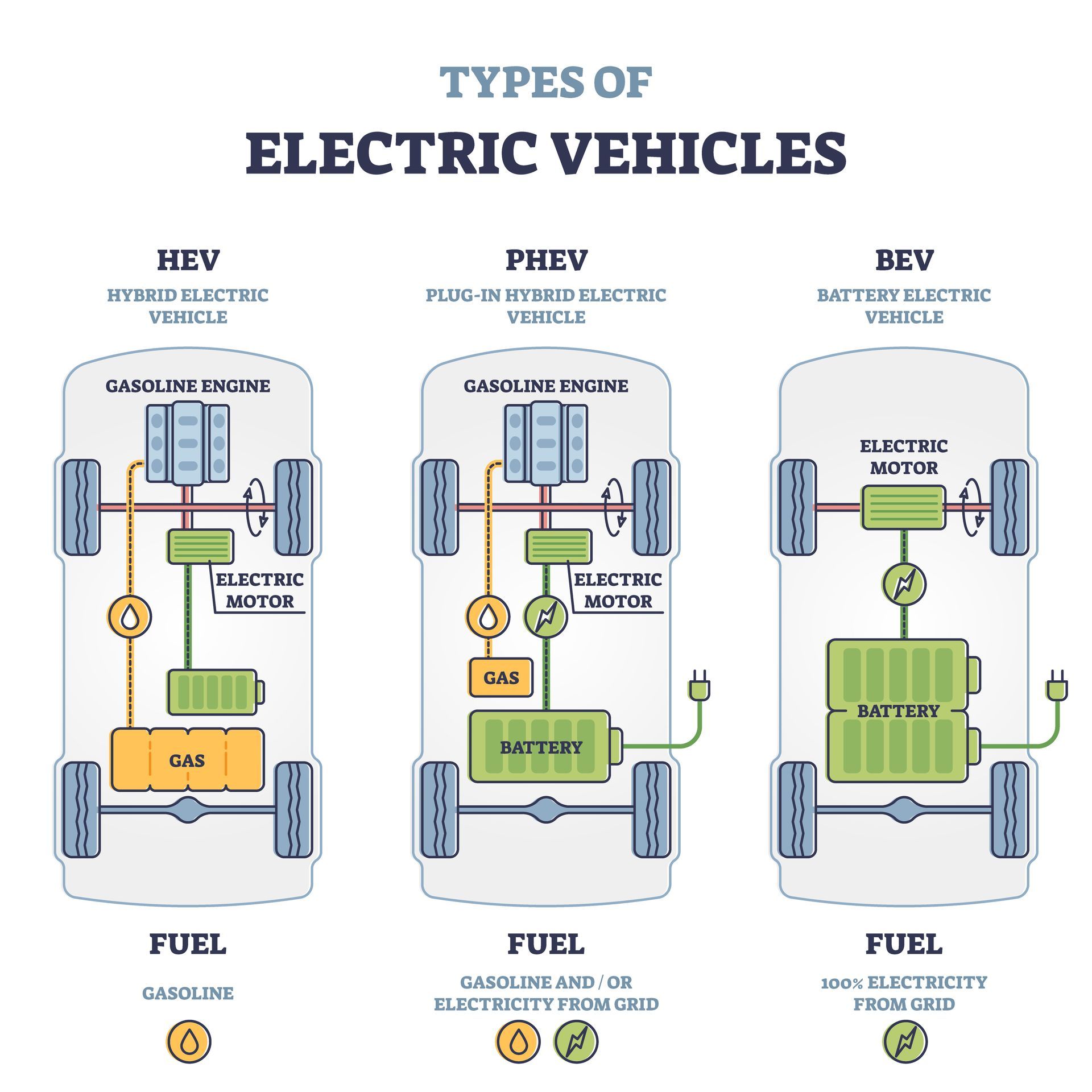Loading ...
Missing business hours data / Error occurred while getting the data.
24 hour service, After hours towing
Loading ...
Missing business hours data / Error occurred while getting the data.
24 hour service, After hours towing
Electric Vehicle Batteries - Why and When To Change
February 27, 2024
Electric vehicles (EVs) have charged onto the scene, offering a cleaner, more sustainable alternative to traditional gasoline-powered cars. But as any EV owner knows, the heart of these high-tech marvels is their battery. The battery not only powers the vehicle but also impacts its range, performance, and overall lifespan.
Understanding EV Battery Lifespan
Before we jump into replacement, let's talk lifespan. EV batteries are designed to last a long time, but they don't run forever. Over time, they can lose capacity, meaning they won't hold as much charge as they used to, which directly affects the vehicle's range. Factors influencing battery lifespan include:
Charging habits (frequent fast charging can lead to quicker degradation).
Climate (extreme temperatures can affect battery health).
Driving patterns (constant high-speed driving can wear the battery faster).
Why Replace Your EV Battery?
Decreased Range
The most noticeable sign that it might be time to replace your EV battery is a significant drop in the vehicle's range. If you're finding that a full charge doesn't take you as far as it used to, battery degradation could be the culprit.
Performance Issues
Battery health directly impacts vehicle performance. A degraded battery can lead to slower acceleration and, in some cases, affect the overall driving experience.
Battery Faults
While less common, physical damage or faults within the battery system can necessitate a replacement. This could be due to manufacturing defects or damage from accidents.
5 Signs You Electric Vehicle Needs Changing
1. Decreased Range
This is the most obvious and simple one to spot. If you notice that your EV doesn't travel as far as it used to on a full charge, it could be a sign that the battery is losing capacity and needs replacement.
2. Slow Acceleration
A degraded battery can also lead to slower acceleration and reduced performance. If you notice a significant drop in your vehicle's power or responsiveness, it could be time for a new battery.
3. Reduced Charging Capacity
Another sign of a failing battery is reduced charging capacity. If your EV battery isn't holding as much charge as it used to, you may notice that it takes longer to charge or that the battery drains more quickly than before.
4. Warning Lights
Some EVs have warning lights that indicate battery issues, such as a battery-shaped icon or a message that says "service high voltage system." If you see a warning light on your dashboard, it's important to have your vehicle checked by a professional.
5. Strange Noises
Finally, unusual sounds coming from your EV could be a sign of battery problems. This could include a whining or buzzing noise, which may indicate that the battery is failing or needs replacement. In any case, it's always best to have your vehicle inspected by a qualified mechanic to diagnose any potential issues and ensure that your EV is running safely and efficiently.
We are happy to share that we work on electric vehicles! Oneida Service Center is here to help with all your maintenance and repairs so don't hesitate to contact us!
24 hour service, After hours towing
Loading ...
Missing business hours data / Error occurred while getting the data.
having trouble finding us?
Loading ...
Missing nap lines data / Error occured while getting the data.


